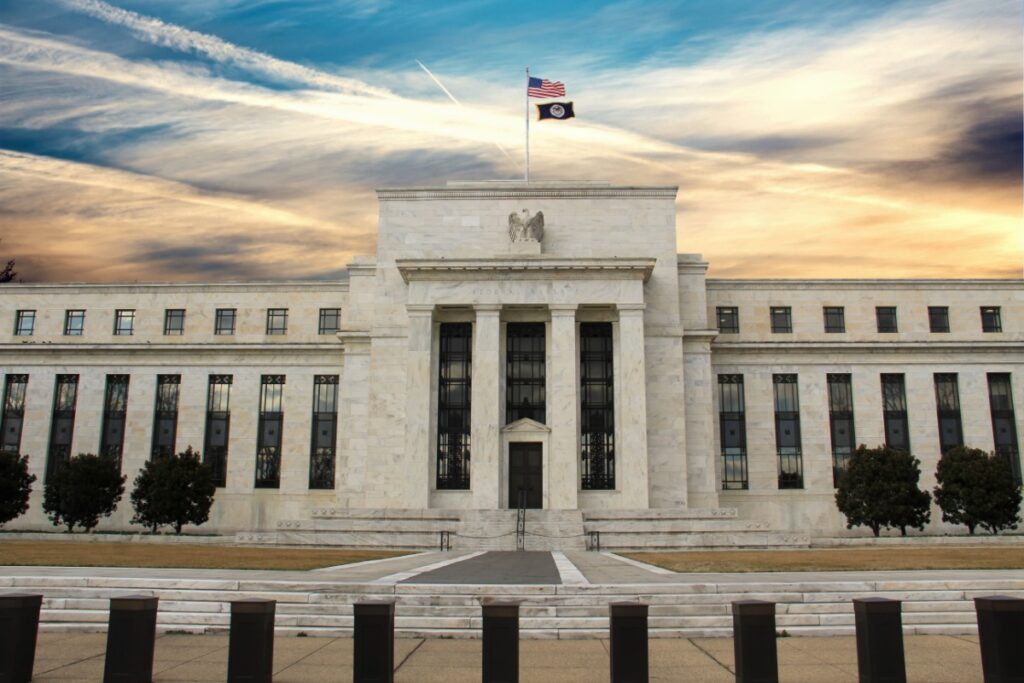The Federal Reserve Board announced it will host a Payments Innovation Conference on Tuesday, October 21, 2025, marking a significant step in its continued focus on financial technology and modernization. The news was released on September 3, 2025, and reflects the central bank’s recognition of the rapid evolution in payments technology and its impact on consumers, businesses, and financial institutions. The event will take place in Washington, D.C., and will be accessible via livestream on the Federal Reserve’s official website, ensuring a broad audience can engage with the discussions.
The Fed emphasized that the conference will serve as a forum for policymakers, industry leaders, academics, and technologists to share insights on how emerging technologies are reshaping payments. The decision to hold the conference follows heightened interest in digital finance, including the expansion of real-time payments and growing debates over stablecoins and decentralized finance.
Exploring Emerging Technologies in Payments
A major component of the agenda will focus on the integration of artificial intelligence (AI) into payment systems. AI-driven solutions are increasingly used to detect fraud, streamline transactions, and improve customer experiences. The discussions are expected to evaluate how machine learning models can both enhance efficiency and pose new risks in financial infrastructure.
Another prominent topic will be the tokenization of financial products, which involves creating digital representations of assets such as securities or deposits. Tokenization is gaining traction globally as institutions explore faster settlement processes and greater transparency in financial markets. The Fed is expected to examine how tokenized instruments could interact with traditional payment rails and regulatory frameworks.
The conference will also address the intersection of traditional finance and decentralized finance (DeFi). With more consumers experimenting with blockchain-based services, the Fed aims to assess whether integration of these systems can provide new opportunities while mitigating risks tied to volatility, cybersecurity, and compliance.
In addition, speakers will analyze stablecoin business models, considering their potential role in the payments ecosystem. Stablecoins, typically pegged to fiat currencies like the U.S. dollar, have grown in market significance, but they remain under scrutiny from regulators over issues of transparency and reserve backing.
Enhancing Safety, Efficiency, and Inclusiveness
The central theme of the event is how to improve the safety, efficiency, and inclusiveness of the U.S. payments system. The Federal Reserve has consistently highlighted the importance of modernizing infrastructure to keep pace with both domestic and international developments. By convening experts across sectors, the conference aims to foster a collaborative approach to identifying best practices, policy adjustments, and technological advancements.
Fed Governor Christopher J. Waller underscored the need to balance innovation with responsibility. “Innovation has been a constant in payments to meet the changing needs of consumers and businesses,” Waller said. He emphasized that new technologies offer opportunities to strengthen payment systems but also introduce new risks that require careful oversight.
The conference will also reflect on inclusiveness, exploring how payment innovations can extend access to underserved communities. With nearly 5% of U.S. households still unbanked, according to Federal Deposit Insurance Corporation (FDIC) data, the push for more inclusive systems remains a central priority.
Broader Context and Implications
The Payments Innovation Conference is part of a broader push by the Federal Reserve to remain proactive in adapting to the fast-changing financial landscape. A key milestone in this modernization journey was the launch of the FedNow Service in July 2023, which introduced instant payments capabilities across U.S. financial institutions. FedNow has been adopted by a growing number of banks and credit unions, signaling demand for faster and more flexible payment methods.
By organizing this conference, the Fed is reinforcing its role not only as a regulator but also as a facilitator of dialogue between industry and policymakers. Analysts note that such initiatives are crucial for ensuring the U.S. remains competitive as other major economies, including the European Union and China, advance digital payment strategies and explore central bank digital currencies (CBDCs).
The upcoming event also reflects ongoing debates in Congress and among regulators about how best to oversee the growth of private-sector digital currencies. While the Fed has not committed to issuing a digital dollar, the conference discussions may offer insights into how U.S. authorities view the future of CBDCs and their interaction with private payment innovations.
Industry experts expect the conference to highlight the balance between promoting innovation and safeguarding financial stability. With global cross-border payment systems under review and fintech adoption accelerating, the event is poised to shape the dialogue around regulation and innovation in the years ahead.


